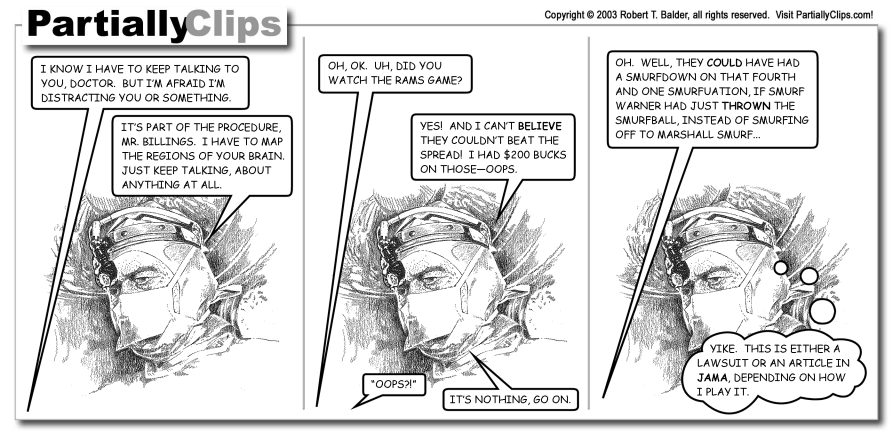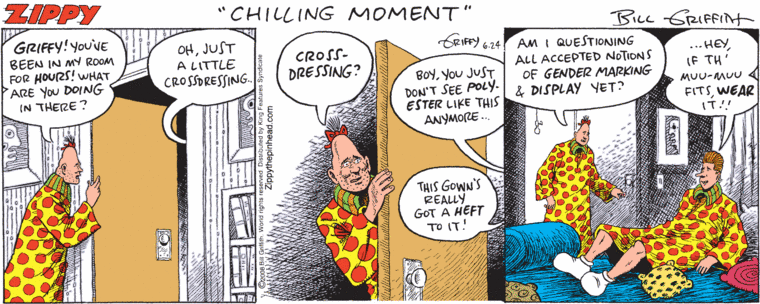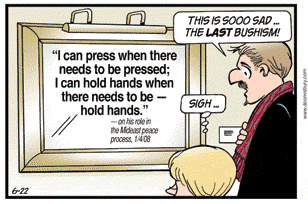Noun noun noun noun noun verb
The most spectacular compound noun I've seen this week was in the UK free newspaper Metro, which I pick up on the bus in Edinburgh. I never read the celebrity gossip pages, of course. But I did happen to notice this headline on page 25 yesterday:
Amy husband bribery plot landlord cleared
That's a non-finite passive clause consisting of a subject, in the form of five nouns in a complex nominal construction, and one verb in the past participle form. Is the clause grammatical? One hundred percent, I think. Is it admirable style? Well, for a newspaper given away free on the 29 bus, maybe it's churlish to quibble about syntactic clunkiness. Non-clunkiness is not the central issue. The second most important desideratum for a headline is that it should make you look and perhaps read the story on the South Bridge before you get off at St Patrick Square; and the most important of all is that it should fit the column width. For this one they had 20 cm. Not enough room to add an apostrophe and an s so that Amy could be made into a genitive determiner. Referring to Fielder-Civil as Amy's husband would have been much closer to normal style, but they ran out of horizontal space given the prior choice of point size.
Read the rest of this entry »


